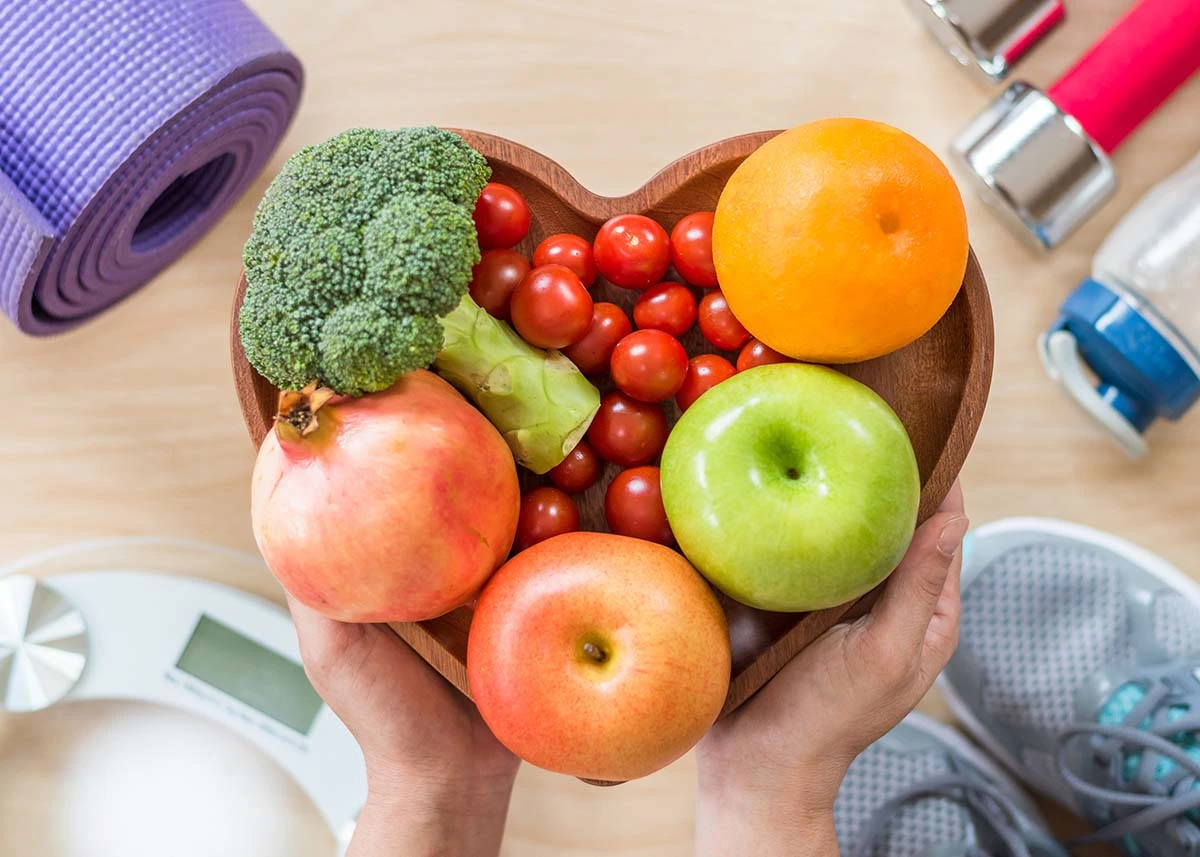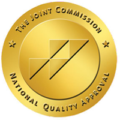A nutrition counseling program can help you get into better shape and health by eating quality food and getting all the nutrients your body needs during recovery. Nutrition for addiction recovery is different than a typical nutrition program. It considers the nutrients your body may lack as well as those that can help with symptoms of withdrawal. At Avedis Recovery, we can talk to you more about how addiction affects your nutrition if you call us at 833.514.0579.
How Addiction Affects Your Nutrition
Addiction is a disease, and it can have many impacts on your health and nutrition. While it may not seem very important to maintain healthy eating habits, the reality is that drug or alcohol use may place a heavy strain on your body and its ability to function correctly.
Alcohol or drug addiction may lead to disruptions in how your body processes nutrients. These addictions and subsequent nutritional issues may also lead to:
- Vitamin deficiencies
- Malnutrition
- Electrolyte imbalances
- Death
People who deal with addiction may not eat properly. They may eat poorly or binge on foods when they are high.
Some drugs lead to the suppression of the appetite, meaning that people go many hours or days without eating.
Other times, people using drugs or alcohol might spend so much money on their addictions that they don’t have money for healthy meals.
In other cases, the side effects of the drugs or alcohol may make people insatiable. This causes them to binge and continue eating even after they’re full.
In the short term, eating poorly may not have a significant impact on your health. However, if you go through months or years of poor nutrition, that diet will begin to take a severe toll on your body and lead to complications.
Your Brain and Body Suffer from Poor Nutrition
The reality is that the brain and body both suffer when a person doesn’t have good nutrition. Not eating enough may cause malnutrition, which could lead to vitamin deficiencies, electrolyte imbalances, and muscle degeneration. Eating too much could lead to obesity and problems like diabetes.
Opioids and Nutritional Issues
Depending on the drugs used, there are side effects that may impair the body’s ability to process food or beverages. For example, opioid abuse may lead to chronic constipation or even partially paralyze the stomach. This could lead to life-long gastrointestinal conditions for some people.
Alcohol Abuse and Nutritional Issues
Alcohol abuse can impact your nutrition as well. Vitamin deficiencies are common among those who chronically abuse alcohol. Wernicke-Korsakoff syndrome may occur because of chronic vitamin deficiencies. This can lead to psychosis, trouble with memory, and permanent memory loss from difficulty absorbing the vitamin thiamine.
Stimulants and Nutrition
Stimulants tend to make people have highs that keep them awake for days on end. They may also be used as appetite suppressants. As a result, people who use stimulants may be at a higher risk of malnutrition, hair loss, tooth decay, and other side effects.
Nutrition for Addiction Recovery
Maintaining the proper diet during recovery matters. Your medical or support team should identify the vitamins and minerals that you may be deficient in to create a customized nutritional plan for your health.
Good nutrition can:
- Increase energy
- Boost your mood
- Improve your immune system
- Reduce the risk of disease
- Improve your memory
Call Avedis Recovery for Help with Nutrition for Addiction Recovery
At Avedis Recovery, we’re here to help you understand how addiction affects your nutrition. A good nutrition plan can make all the difference as you go through your recovery. Call today at 833.514.0579 to learn more about nutrition for addiction recovery.








